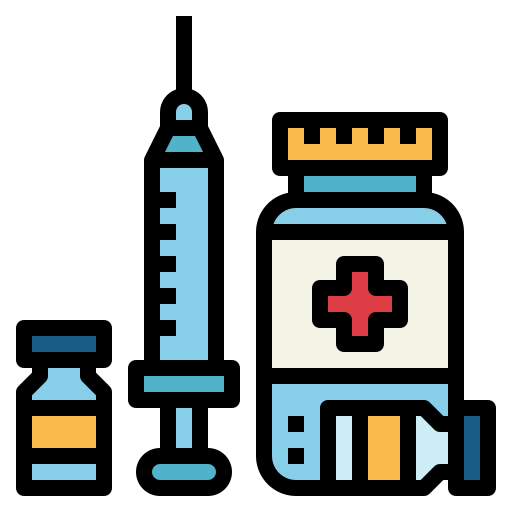Prescribing Notes:
-
Please refer to the NHSL Guideline: ‘Review of patients on intramuscular vitamin B12 (hydroxocobalamin) injections and identifying those in whom this may be stopped’ for further guidance.
-
Megaloblastic anaemia is usually due to vitamin B12 or folate deficiency; the specific deficiency and underlying cause must be identified. Treatment is usually only begun once a firm diagnosis is made. In emergencies, where delayed treatment may be dangerous, both folate and vitamin B12 may be required initially, until assay results are known. Folate must not be used alone in undiagnosed megaloblastic anaemia due to the risk of B12 deficiency leading to peripheral neuropathy.
-
Apart from dietary deficiency all other causes of vitamin B12 deficiency are attributable to malabsorption. Vitamin B12 should be given prophylactically after total gastrectomy or total ileal resection.
- There is little place for use of low dose vitamin B12 orally; however it may be prescribed on a restricted basis in line with the above guideline to establish whether vitamin B12 deficiency will respond to dietary adjustment.
- There is no evidence that doses larger than those recommended provide any additional benefit in cases with neurological or ocular involvement.
- There is no need to routinely prescribe a combined iron/folic acid preparation in pregnancy.
- Folic acid has few indications for long-term therapy since most causes of folate deficiency are self-limiting or will yield to a short course of therapy.
- Folic acid 400micrograms daily should be recommended for all women attempting to conceive, and continued until the 12th week of pregnancy to reduce the risk of a neural tube defect. Women at high risk (women with epilepsy, and those with a previous affected pregnancy) should take 5mg from pre-conception until 12 weeks.
